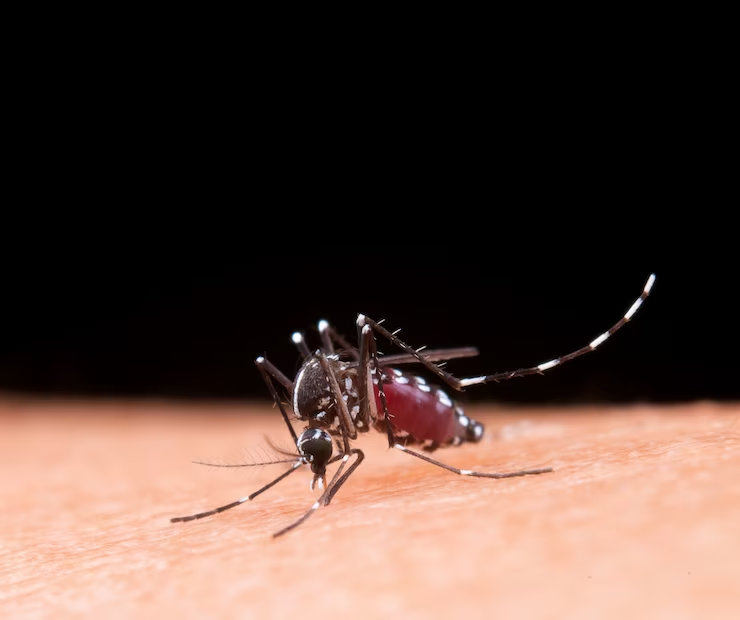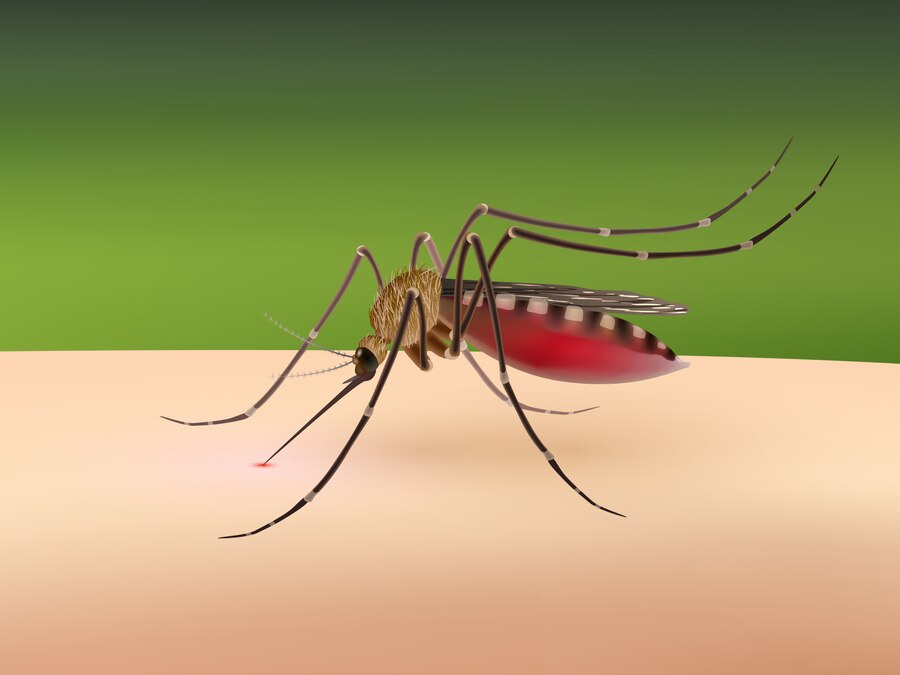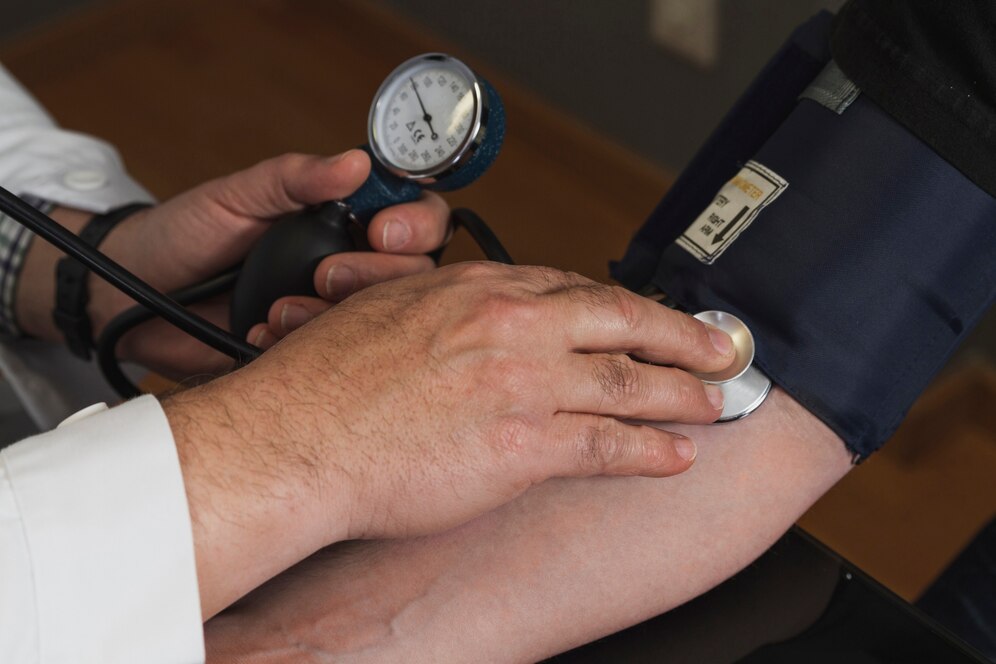In many states from North to South India, cases of mosquito-borne disease dengue have been seen increasing rapidly in the last two months. This time, the most dangerous strain of dengue, Type 2, was confirmed in the capital Delhi, due to which there was a high risk of developing serious disease and loss of life of the patients. Apart from Uttar Pradesh, Bihar, and Jharkhand, dengue cases were also seen in high numbers in the southern state of Tamil Nadu. Dengue infection in the national capital has broken the five-year record.

Amid the ongoing threat of dengue, another serious mosquito-borne infection - Zika - has raised concerns among health experts in Kerala. 8 cases of Zika in the Kannur district of Kerala Given the increasing number of reported cases, the Kerala government has issued a high alert and intensified measures to prevent the spread of the virus. The first infections were reported on 30 October and by 6 November the number of cases had increased to eight.
Risk of another mosquito-borne infectious disease
The state government has issued a statement saying that if symptoms of the Zika virus are seen in patients, healthcare providers should pay special attention to them.
Zika infection, caused by the bites of infected mosquitoes, can cause serious symptoms and complications in some cases. This disease is caused by mosquitoes of Aedes aegypti and Aedes albopictus species. If a pregnant woman becomes infected, the virus can hinder the brain development of the fetus. There may also be more cases of death among those infected with Zika.
What are the symptoms of Zika?
Zika is a serious problem and its symptoms can be severe. However, only one in five people with Zika has symptoms. Most patients may have problems like fever, headache, joint pain, redness in the whites of the eyes or conjunctivitis, skin rash, and redness.
These symptoms usually last from a few days to a week. Zika virus can cause serious illness or require hospitalization.

What is the difference between Zika and dengue?
Health experts say, most of the symptoms of Zika and dengue are similar. In the case of both types of infections, there may be fever, headache, joint pain along skin problems. Dengue mostly affects the limbs and face. Zika rashes are usually red spots that may be flat, or raised.
While Zika virus infection usually resolves on its own, people who have severe symptoms may need special treatment.
What is the treatment for Zika?
There is no specific vaccine for specific treatment or prevention of Zika virus infection. Patients who develop severe symptoms require hospitalization and supportive treatment. Patients need to take adequate rest and consume plenty of fluids. To prevent Zika or any type of mosquito-borne diseases, prevent mosquitoes from breeding, use mosquito nets.
(PC: Freepik)










